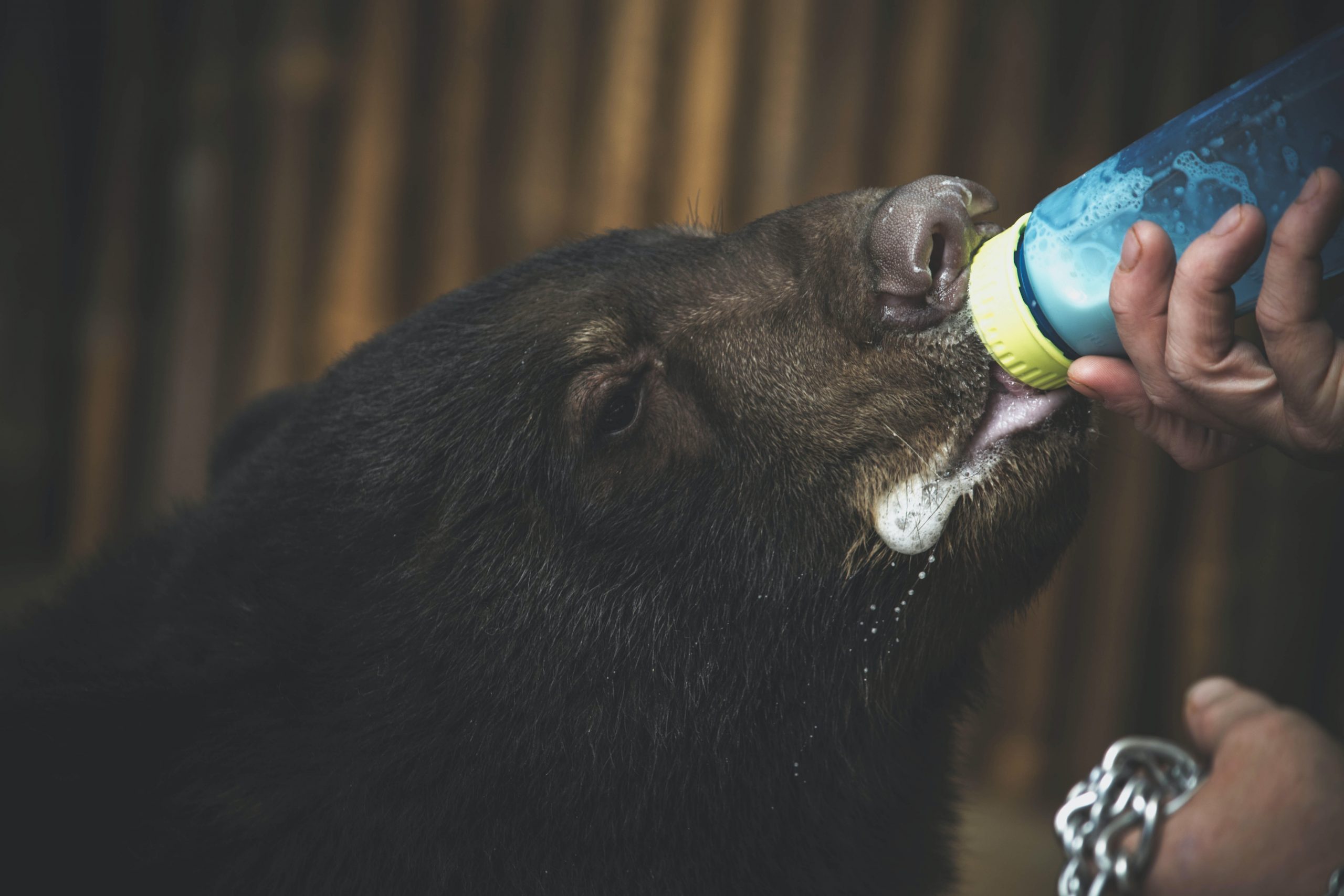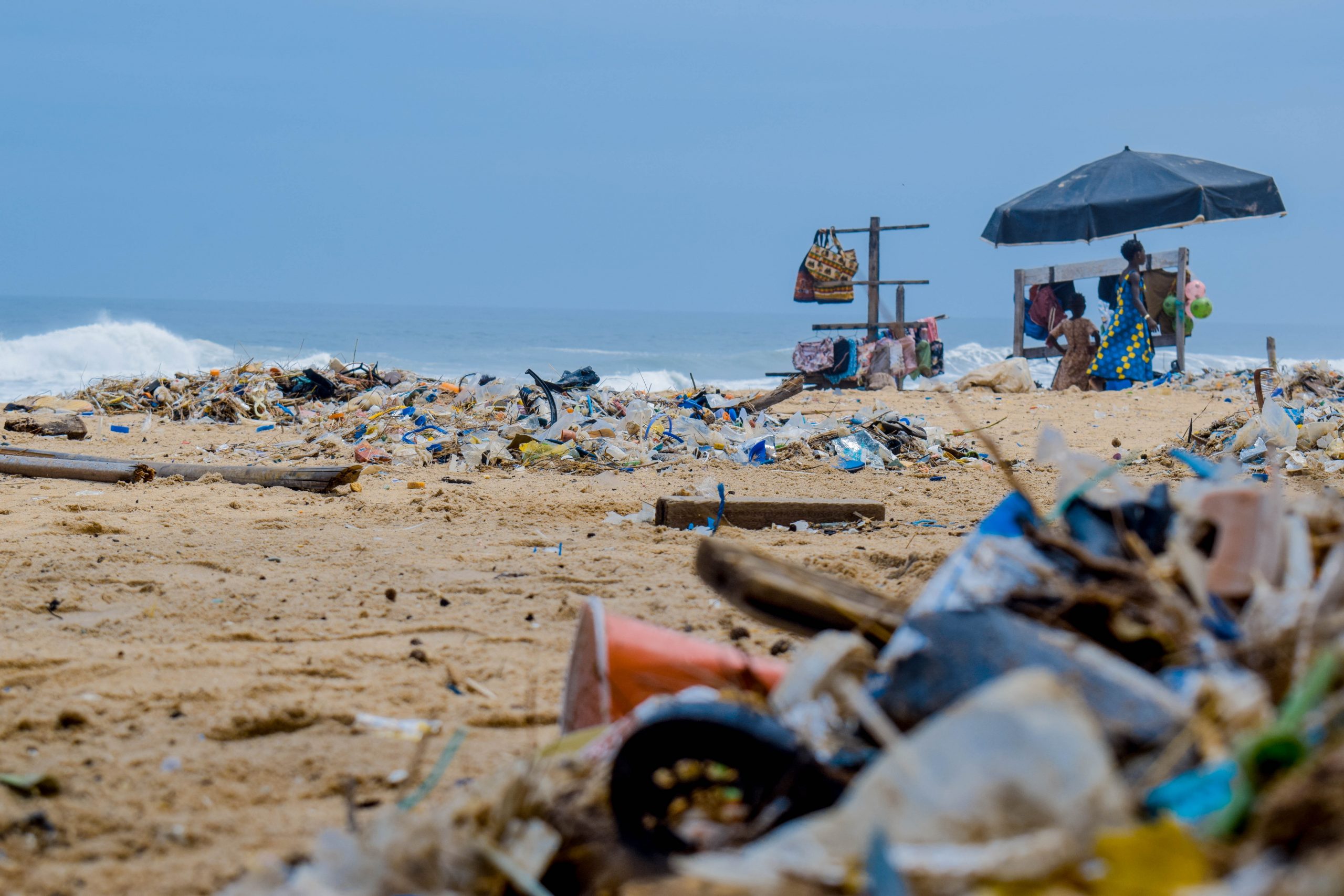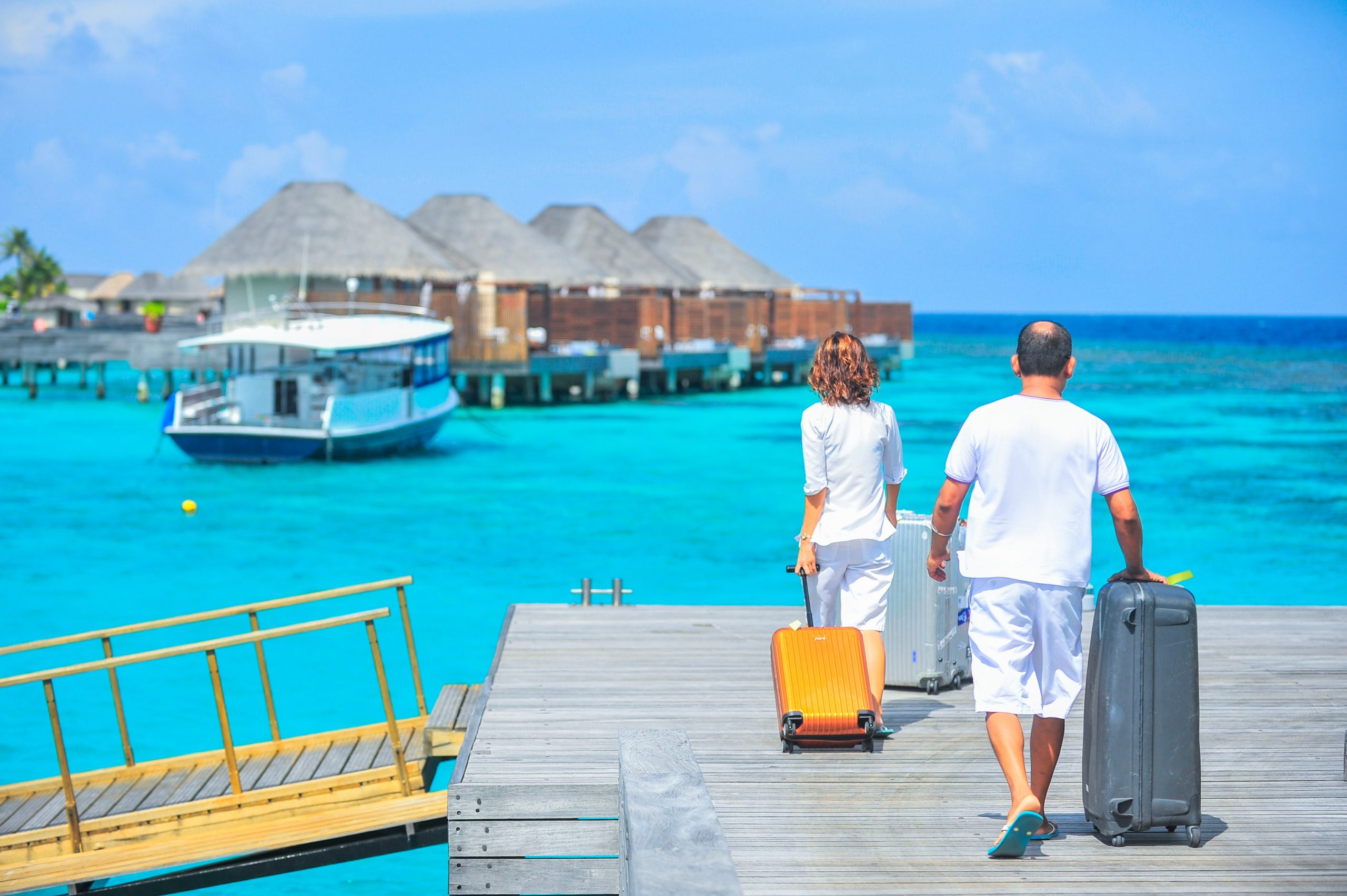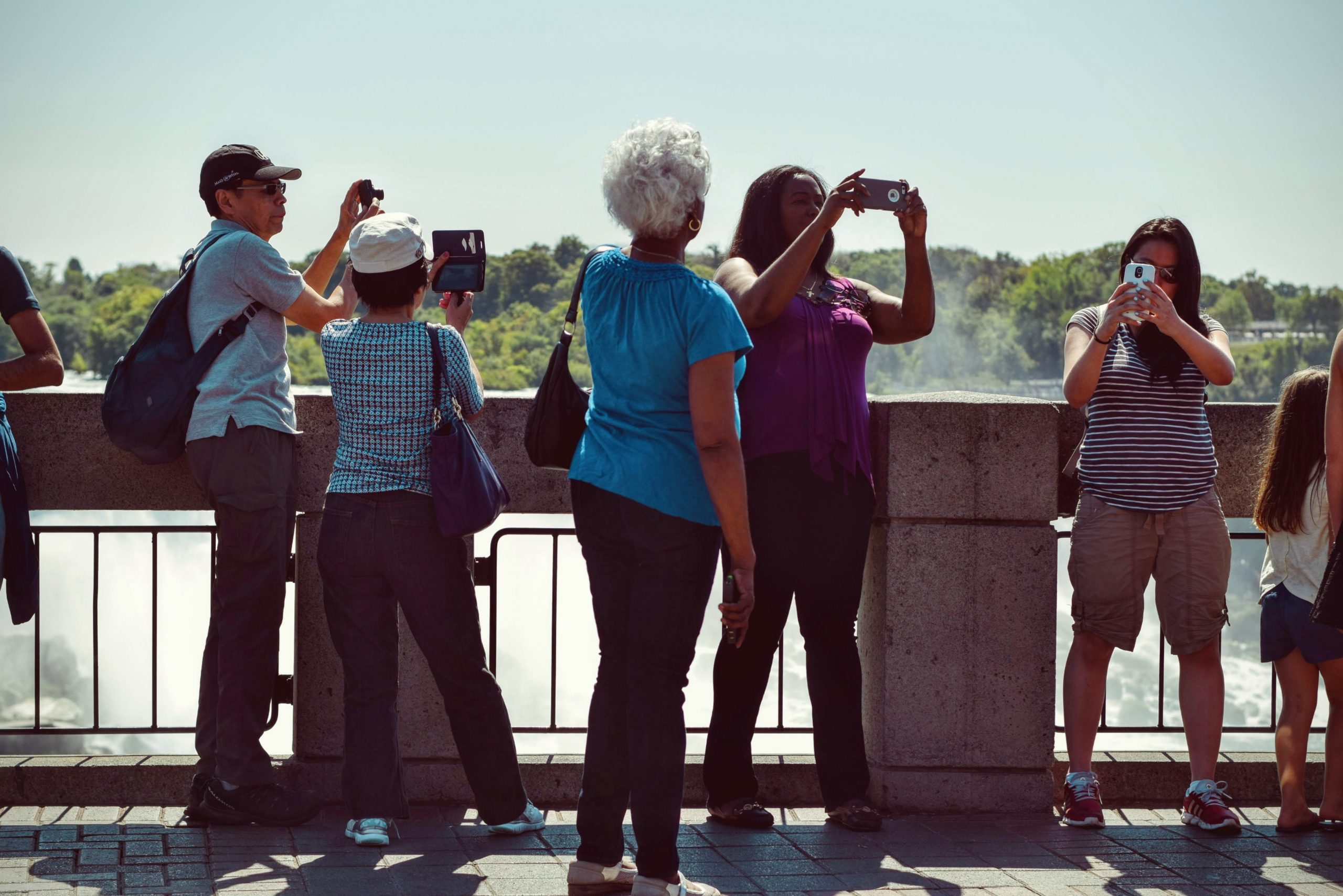
I have made many mistakes when travelling. When I started taking more long haul trips in my 20’s (I just turned 42 ) ethical travel was not something I had ever thought about . I have paid for tours at destinations that in hindsight were not beneficial to the local community. I have stayed in hotels and shopped in stores that were not locally owned. I have visited attractions that exploited animals. No one is perfect and it is not about shaming others who have done things wrong in the past but as the saying goes ‘when you know better you do better’.
Today I am definitely more aware and try my best to travel in a way that is more respectful. What 2020 has shown many of us travel lovers is how much we love and appreciate being able to travel. It is a privilege. So when travel returns maybe we could all aim to be a more ethical traveller. It is about being mindful and stopping to think about how you spend your time and your money when you travel.
Here’s how
- Educate yourself before you go
Before you visit a country it is a really good idea to read about the current situation politically and economically in the country. Doing this makes us all a little less ignorant as travellers. If you have an understanding of a place you are more likely to be more respectful and get more out of your trip.
- Support local businesses

2020 has highlighted the importance of supporting local, independently owned businesses . This is something that we should all try and continue to practice when we travel. If you are cooking for yourself on a trip why not shop at a local market. If eating out avoid the chains that are in far too many countries and eat in an independent locally run restaurant. You are more likely to have more unique experiences and interactions with locals in this way. Staying in, eating in and shopping at establishments that are locally owned keeps the money that you are spending in the community.
- Say no to animal exploitation

From photo ops with tigers to elephant rides and dolphin shows the industry of tourism worldwide treats animals appallingly. Any attraction involving animals should be avoided, unless you are watching an animal in the wild from a safe distance. If you are visiting an animal rescue centre do your research and make sure that it is an ethical one .
Another way to say no to animal exploitation when you travel is to stay away from eating endangered species from whales and bush meat to pangolins and shark fins. Do not buy souvenirs from animal products. Not buying these types of products decreases demand.
- Think twice before engaging in voluntourism
Volunteering while you travel and paying to do so if often not a good idea. Charging foreign tourists to volunteer when local people could do this does not make sense. When it comes to working with children in schools and orphanages on your trip the general rule is don’t do it. More harm is caused through these encounters and children are often put at risk. If you would like to volunteer do this in your own community, in your own country.
- Be kind to the local environment

Take a reusable bottle with you when you travel, avoiding buying plastic especially where it is not recycled. Leave places as you find then from beaches to parks (or why not leave them in a better state, if you see rubbish , pick it up !)
- Do not take an ocean cruise
There is nothing positive about the giant ship ocean cruises. From being bad employers and big polluters to keeping money on board and out of local economies there is not anything positive I can think of when it comes to these types of cruises.
- Think before booking an all inclusive resort

All inclusive resorts have a lot in common with the large ocean cruisers. You will more often than not, not have an authentic travel experience staying in an all inclusive resort. They usually provide little to the local economy encouraging tourists to stay within the resort or to only leave on resort run tours. They are often part of chains and owned by large multinationals.
- Be respectful when you photograph

Ask permission. Don’t photograph children without permission from a parent/guardian. Do not exploit people in deprived areas.
- Learn some of the local language
Making the effort to learn some of the local language of the country you are travelling in makes sense practically and it’s respectful. Even knowing the basics of greetings goes a long way.
- Find an ethical tour operator

Finally if you are not travelling independently and want to book a tour look for an ethical tour operator in your country. Some worth considering include Intrepid Travel and G Adventures.
______
I know that when I do travel again I am going to be far more aware and make a greater effort to be a responsible traveller.
Thanks for reading
Trish